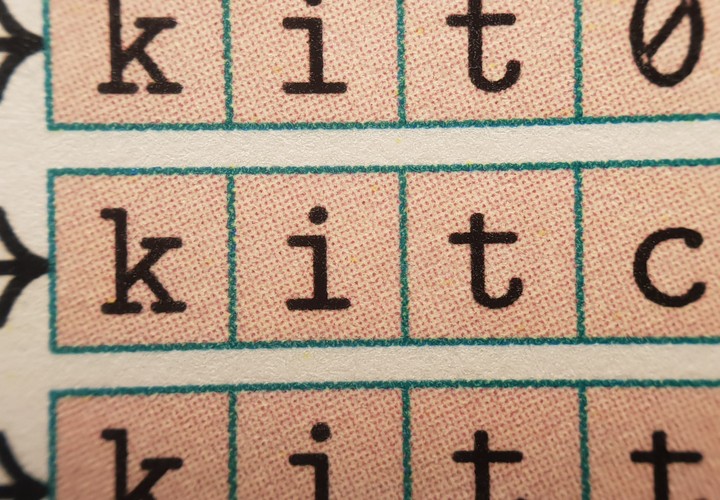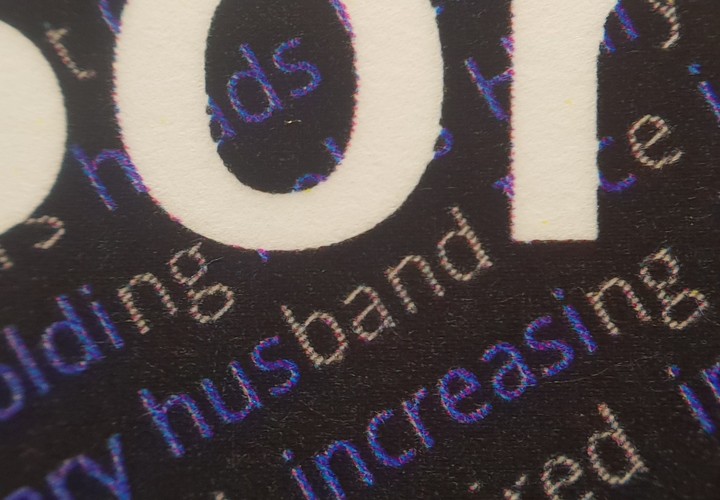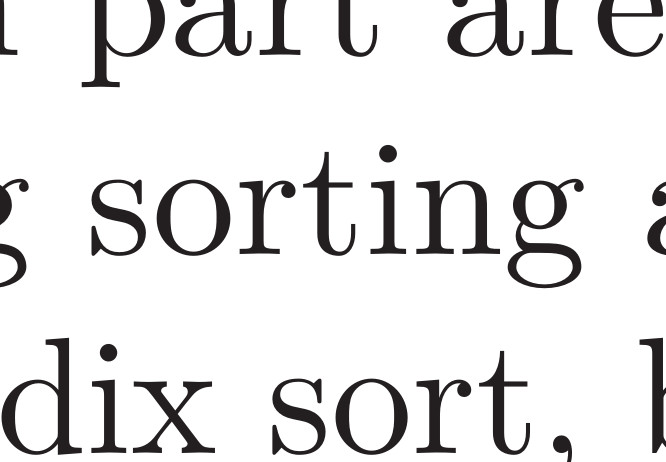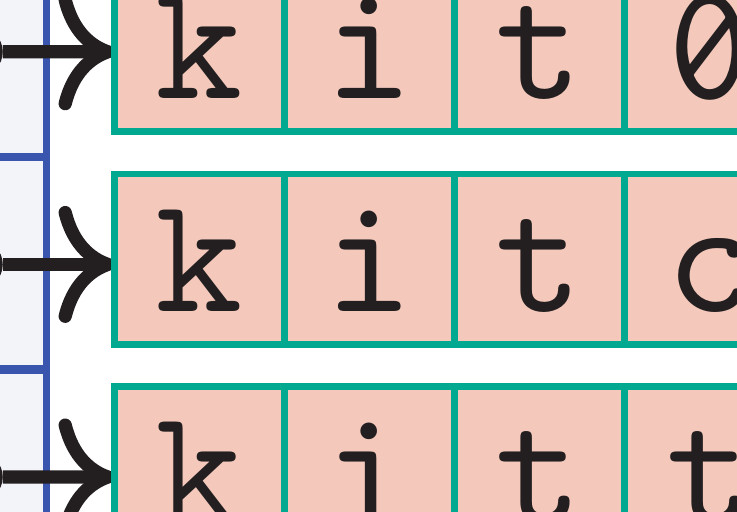Presentation "Scalable Construction of Text Indexes with Thrill" at IEEE Big Data 2018
Posted on 2018-12-12 16:00 by Timo Bingmann at Permlink with 0 Comments. Tags: #talk #thrill
Today, I gave a presentation of our paper "Scalable Construction of Text Indexes with Thrill" at the IEEE International Conference on Big Data 2018 in Seattle, WA, USA.
The slides of the presentation at the IEEE conference are available here:
slides-Scalable-Construction-of-Text-Indexes-with-Thrill.pdf .
The full paper is available from this webpage: paper-Scalable-Construction-of-Text-Indexes-with-Thrill.pdf or refer to the longer version in my dissertation on scalable suffix array construction.
Abstract
The suffix array is the key to efficient solutions for myriads of string processing problems in different application domains, like data compression, data mining, or bioinformatics. With the rapid growth of available data, suffix array construction algorithms have to be adapted to advanced computational models such as external memory and distributed computing. In this article, we present five suffix array construction algorithms utilizing the new algorithmic big data batch processing framework Thrill, which allows scalable processing of input sizes on distributed systems in orders of magnitude that have not been considered before.












